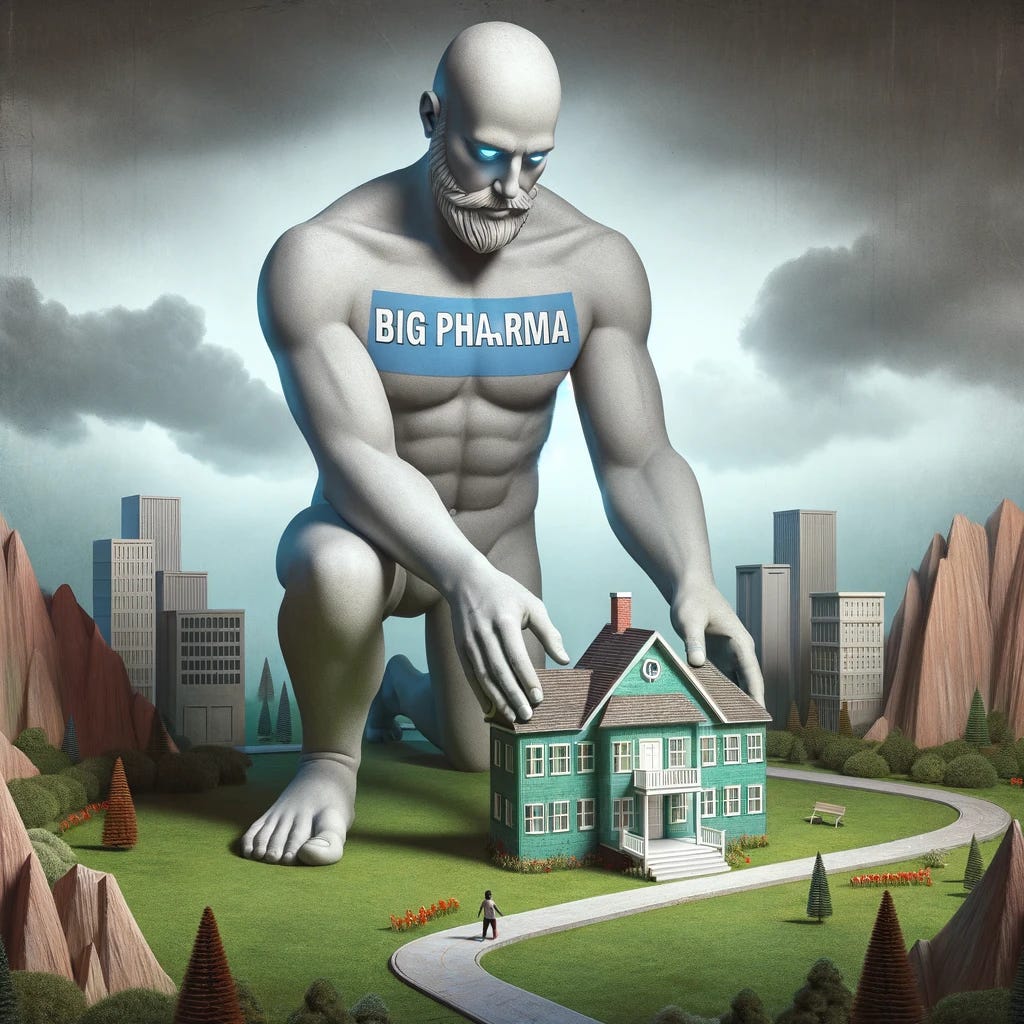Big Pharma’s Influence on ADHD Awareness: The Role of Educational Campaigns
Big Pharma’s Influence on ADHD Awareness: The Role of Educational Campaigns
In the vast landscape of healthcare, one of the key players is undeniably the pharmaceutical industry, commonly referred to as “big pharma.” This sector plays a pivotal role not only in the development and distribution of medications but also in shaping perceptions about various health conditions. One of the most intriguing cases of this influence is how the industry engages with Attention Deficit Hyperactivity Disorder (ADHD). The portrayal and understanding of ADHD have undergone significant shifts over the decades, with pharmaceutical companies playing a substantial role through their educational campaigns.
Educational Campaigns: Informing or Influencing?
A significant component of big pharma’s involvement in the ADHD space is through educational campaigns. These initiatives often appear to be neutral, with companies arguing that their primary objective is to raise awareness about the disorder. Such campaigns usually involve advertisements, brochures, seminars, workshops, and sometimes partnerships with educational institutions or health organizations.
According to Moynihan and Cassels (2005) in their book “Selling Sickness,” one tactic pharmaceutical companies frequently employ is disease mongering — broadening the diagnostic boundaries of a particular ailment to increase the number of individuals considered to be afflicted. Educational campaigns surrounding ADHD have been criticized for potentially doing just this, by highlighting the disorder’s symptoms in such a way that a wide swath of the general population may believe they, or their children, have it.

Dive into the captivating world of ADHD narratives with Dr. Jerry D. Smith Jr.’s explosive new book, “Big Pharma Says You Have ADHD!” Uncover the hidden influences of pharmaceutical giants on our health and diagnoses in this meticulously researched masterpiece. With a compelling mix of personal anecdotes, stunning illustrations, and scientific rigor, Dr. Smith challenges the status quo, urging us to rethink how ADHD is viewed and treated. This is more than a book; it’s a movement to empower and enlighten. Don’t wait — grab your digital copy today at Big Pharma Says You Have ADHD! or on Amazon and join the revolution in understanding mental health.
The Gray Area: Awareness or Overdiagnosis?
The influence of these campaigns becomes even more potent when considering the link between ADHD awareness and diagnosis rates. As Schwarz (2013) highlighted in “ADHD Nation,” there’s a notable correlation between regions with aggressive advertising campaigns and higher rates of ADHD diagnoses. This raises the question: are these campaigns genuinely making more people aware of a previously undiagnosed condition, or are they leading to overdiagnosis?
The power of suggestion cannot be underestimated, especially when delivered by a source perceived to be trustworthy. Educational materials sponsored by pharmaceutical companies can blur the line between genuine awareness-raising and nudging individuals towards seeking medical interventions, potentially leading to an uptick in prescriptions.

Ties with Medical Professionals
Another area of influence within these educational campaigns is their outreach to medical professionals. Pharmaceutical companies often sponsor seminars, workshops, and conferences aimed at healthcare professionals. While these events undoubtedly provide valuable information, the fact that they’re funded by entities with vested interests in ADHD medication sales raises ethical concerns.
In a 2012 article in the Journal of Medical Ethics, Fugh-Berman and Ahari discussed how pharmaceutical representatives educate physicians in ways that benefit their companies, not necessarily patients. By framing ADHD — and its treatment — in specific ways, these campaigns can subtly influence the diagnosing habits of medical professionals.

Ties with Advocacy Groups
Pharmaceutical companies have often forged partnerships with patient advocacy groups, further muddying the waters. Such collaborations can be genuinely beneficial, offering funding and resources to organizations that support individuals with ADHD and their families. However, as Whitaker and Cosgrove (2015) observed in “Psychiatry Under the Influence,” these partnerships can also serve to legitimize and amplify the messages of the pharmaceutical industry, sometimes at the expense of other, non-medicated treatment approaches.
Seeking Balance and Transparency
It’s essential not to dismiss the potential benefits of pharmaceutical-sponsored educational campaigns entirely. Raising awareness about ADHD, especially in communities or regions where information may be scarce, is crucial. Furthermore, these campaigns can provide valuable resources to both individuals and professionals.
The challenge lies in ensuring a balanced and transparent portrayal of ADHD, where potential patients receive a full spectrum of information about diagnosis, treatment options, and implications. The intertwining of commercial interests with health information necessitates careful scrutiny and, ideally, the establishment of more rigorous guidelines for such campaigns.

Conclusion
The complex relationship between big pharma’s educational campaigns and ADHD awareness underscores the need for vigilance and discernment. As the adage goes, “knowledge is power.” It’s essential for individuals, professionals, and advocacy groups to be aware of the potential influences and biases in the information they receive and to seek out multiple perspectives to make informed decisions about ADHD and its treatment.
References
- Moynihan, R., & Cassels, A. (2005). Selling Sickness: How the World’s Biggest Pharmaceutical Companies are Turning Us All Into Patients. Nation Books.
- Schwarz, A. (2013). ADHD Nation: Children, Doctors, Big Pharma, and the Making of an American Epidemic. Scribner.
- Fugh-Berman, A., & Ahari, S. (2007). Following the script: how drug reps make friends and influence doctors. Journal of Medical Ethics, 33(4), 205–208.
- Whitaker, R., & Cosgrove, L. (2015). Psychiatry Under the Influence: Institutional Corruption, Social Injury, and Prescriptions for Reform. Palgrave Macmillan.
📚 Get your copy today and become an informed advocate: Big Pharma Says You Have ADHD! or on Amazon.com.
Dr. Jerry D. Smith Jr. is a clinical psychologist and empathic expert specializing in human empowerment and leadership.
More from Dr. Jerry Don Smith Jr. and The ADHD Review






